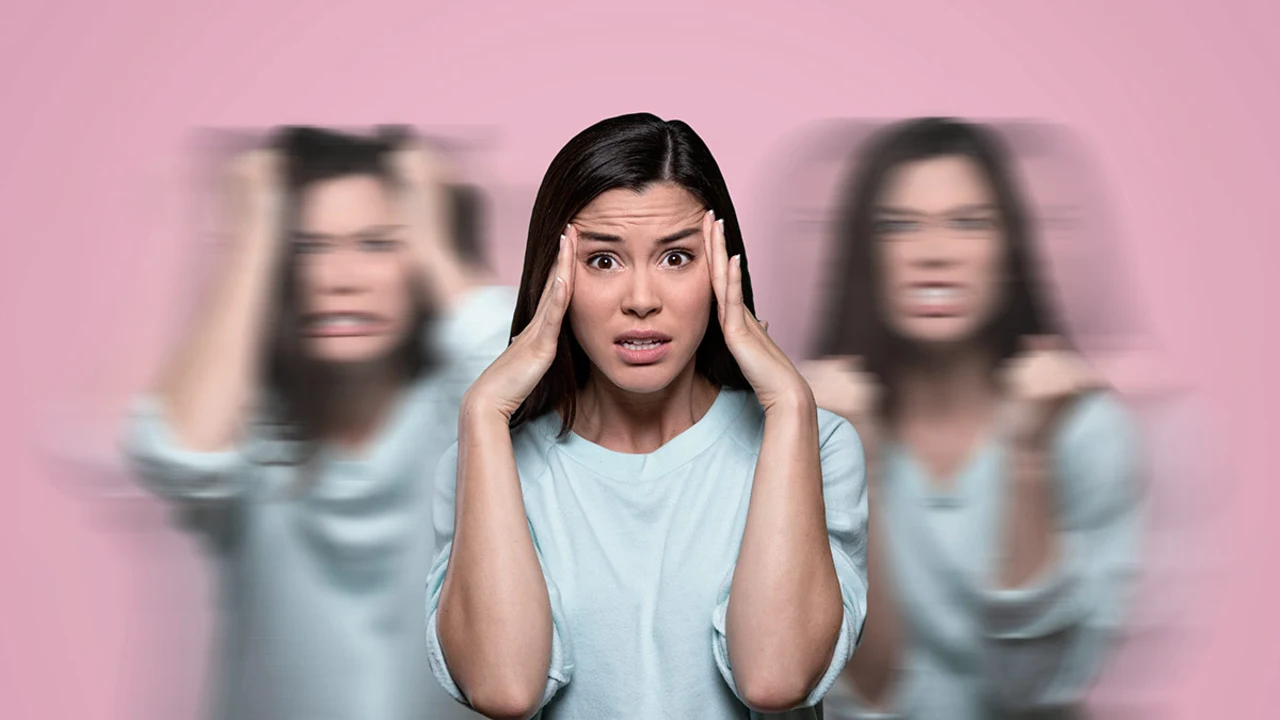Mental Health: Medications, Coping Tools, and Peer Support
If anxiety, low mood, or constant agitation are wearing you down, this category gathers straight-talk help you can use today. You’ll find clear info on common medications, practical ways to calm stress, and how peer support can really change recovery from trauma. No fluff—just usable tips and plain explanations so you know what to try and when to ask for professional help.
Medications: what to know about common options like Paxil
Medications can make a big difference for anxiety and depression. Paxil (paroxetine) is an SSRI often prescribed for those conditions. It works by raising serotonin activity in the brain, which can lift mood and reduce panic. Common side effects include nausea, drowsiness, sleep changes, and possible sexual side effects. Many people notice improvement after a few weeks, but full benefit can take 6–8 weeks.
Practical tips if you’re starting an SSRI: take it at the same time each day, watch for side effects during the first month, and don’t stop suddenly—stopping abruptly can cause withdrawal-like symptoms. Keep a brief symptom log (sleep, appetite, mood) to share with your prescriber. If sexual side effects or persistent fatigue show up, talk to your clinician—changing dose or switching meds often helps.
Quick, daily tools for agitation and stress
When life speeds up, simple tools bring immediate relief. Try the 5-4-3-2-1 grounding trick: name 5 things you see, 4 you can touch, 3 you hear, 2 you smell, 1 you taste. Do one focused breathing set—inhale 4 seconds, hold 4, exhale 6. Move for five minutes: a short walk or a few stretches resets your nervous system faster than scrolling your phone.
Other practical habits: schedule short breaks into your day, cut back on caffeine when anxiety spikes, and aim for consistent sleep times. If a thought loop won’t stop, write one quick plan: identify the worry, note one next step you can take, then set a timer and do something else for 10 minutes. Small actions reduce helplessness and calm agitation.
Peer support matters, especially after trauma. Groups let you share with people who’ve walked similar paths, which reduces shame and isolation. Look for groups with a trained facilitator or clear ground rules. Online forums can help if local groups aren’t available, but pick moderated spaces where safety and confidentiality are prioritized.
Use these pages to learn more about specific meds, read practical stress strategies, and find resources for PTSD peer support. If symptoms feel heavy or you’re thinking about harming yourself, contact a healthcare professional or emergency services right away. For everyday help, try one tip above and see what fits—you don’t have to do everything at once.





